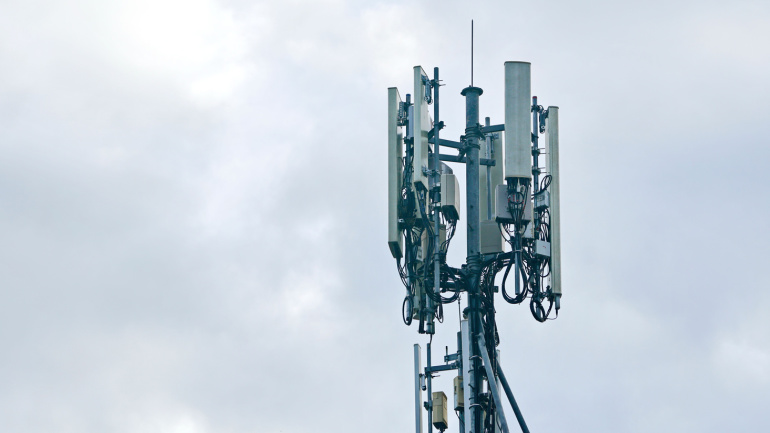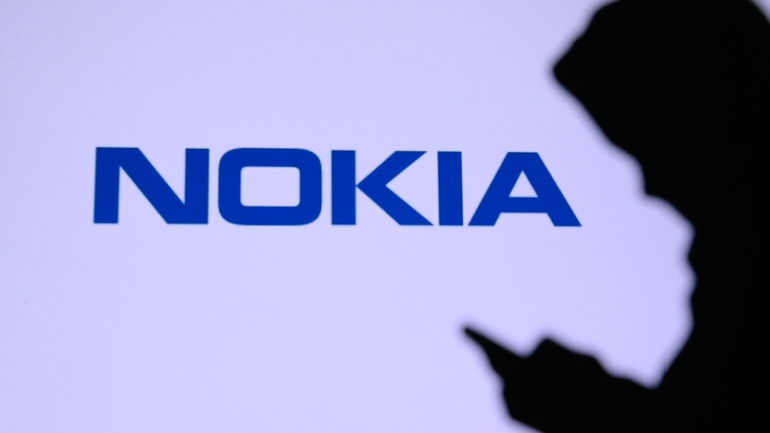In a pioneering collaboration, Samsung, Vodafone, and Orange have achieved a significant breakthrough by completing the first 4G calls over shared networks in rural Romania using Open RAN technology. This milestone, with the promise of integrating 2G and 5G, signifies a transformative step towards more efficient, sustainable, and innovative telecommunications.
Vodafone is expanding its devotion to Open RAN technology, joining forces with Nokia in a progressive venture in Italy. The initiative aligns with Vodafone’s Open RAN directive, largely centered in the UK, and extends influence to the Italian telecom landscape. With this first commercial 5G Open RAN pilot in Italy, they aim to prove Nokia’s Open RAN solution matches the functionality and quality of traditional RAN. With an eye on promoting automated, adaptable networks for the ever-growing demand of responsive 5G services, such innovation bolsters the EU’s digital sovereignty and global competitiveness.
Telecom giants Vodafone and Orange are breaking new ground with the first real-life 4G calls over a common shared network in an Open RAN setting. Stemming from a landmark endeavor near Bucharest, this initiative provides a glimpse into the potential strengths of an Open RAN-based network. What’s more? The progress doesn’t halt at 4G. The duo are set to soon take down another first – operating 2G and subsequently 5G, over shared Open RAN sites. Both operators see this as a model for extending mobile networks throughout rural Europe.
The European Commission is urging member states to conduct shared risk assessments in key tech realms including advanced semiconductors, AI, quantum tech, and biotech. Amidst the cloud of geopolitical tech skirmishes, EU stands poised to protect sensitive technologies and is resolved not to preemptively decide on any corrective measures. Only time will reveal the Commission’s next steps after risk assessments.
Wales’s leading alternative telecoms provider – Ogi – has revealed plans to bring full fibre connectivity to Tenby, one of Pembrokeshire’s most iconic seaside towns. Tenby is the latest of over 60 communities across south Wales to benefit from Ogi’s privately backed broadband rollout launched in 2021. Once work to connect around 5,000 premises in the town is complete, Ogi will be the leading alternative choice in much of west Wales.
HMD Global sets a new bar in smartphone manufacturing with the Nokia XR21, claiming ‘military-grade durability’ and localized data storage for improved security. Remarkably, this sturdy device boasts a chassis made from 100% recycled aluminium, affirming the company’s commitment to sustainability. As an added boon, it has moved its manufacturing to Europe, enhancing the product quality control. This move hints at the potential appeal of a ‘Made in Europe’ smartphone in an overwhelmingly Asian-dominated market.
A newly published study unveils a glaring disparity in the worldwide cost of mobile data. The US falls surprisingly behind at 219th globally, while other countries enjoy much lower prices. Yet on a brighter note, a trend of declining data costs emerges globally. Distinct transformations have occurred in countries such as the UK and India, with data rates significantly dropping over the years, serving as a promising glimpse into a future where consumers could get more worth for their money while enjoying mobile data services.
While the UK initially took the lead in 5G deployment, recent metrics suggest a shift, with the UK now trailing behind other countries in 5G download speed and coverage. Despite these setbacks, the UK’s 5G journey is far from finished. This communication revolution isn’t just about winners or losers, but about creating a conducive environment for businesses to thrive, thus promoting economic growth and job creation.
Vodafone’s Spanish operations have caught the eyes of Zegona, an investment group primarily focused on European TMT sector investment. While speculative reports suggest a valuation of over €5 billion for the entity, Zegona’s possible stake acquisition might be limited to 50%. Amid fluctuating price estimates, discussions are unfolding, revealing a potentially significant shift in the telecommunications landscape.
EchoStar, in a strategic partnership with The Things Industries, enriches its European IoT strategy by introducing a terrestrial element. With The Things Industries’ unique server technology, EchoStar aims to facilitate uninterrupted, real-time communication for IoT devices via terrestrial or satellite channels. While no specific application cases were disclosed, a limited-time trial service provides customers with a glimpse into their orchestrated offerings.













